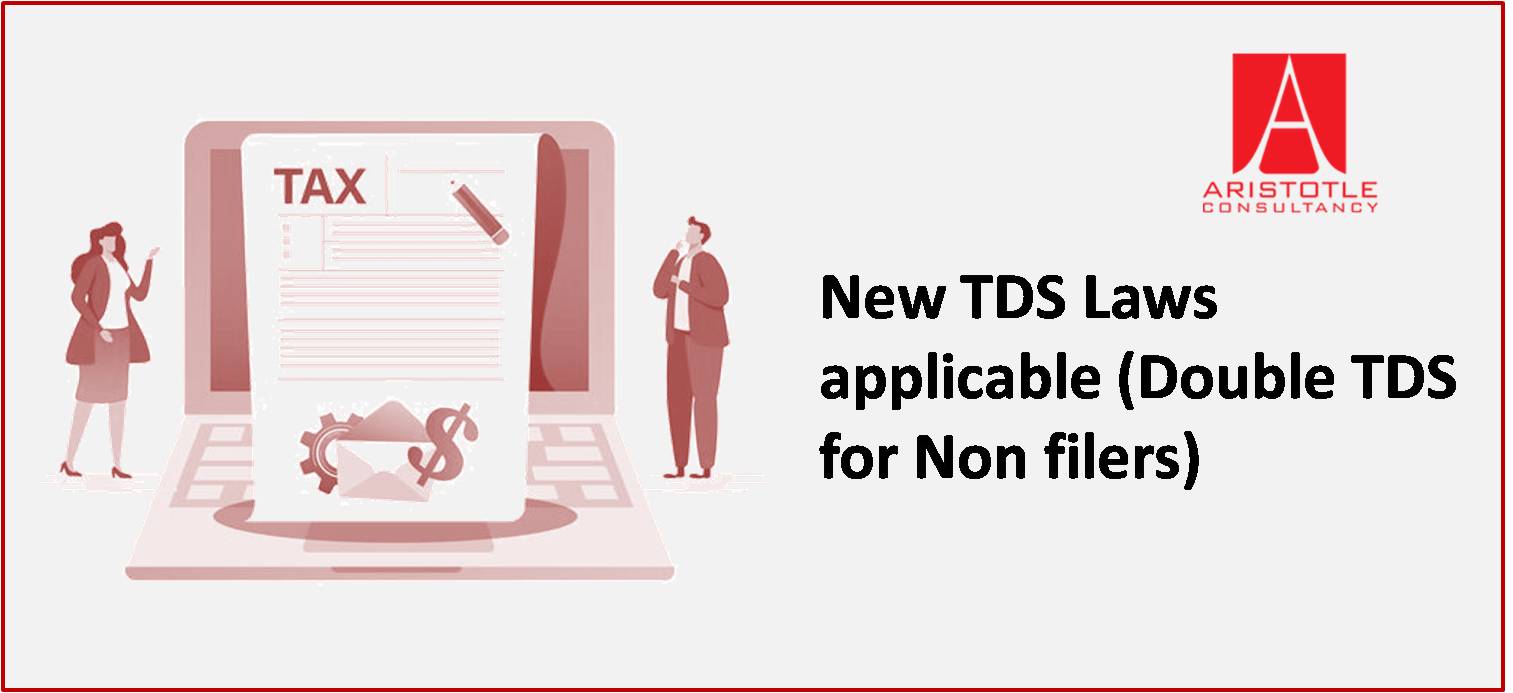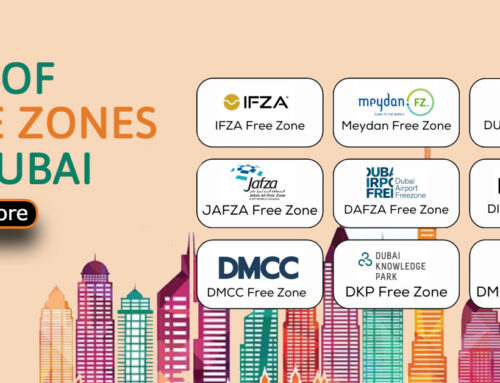The Finance Act 2021 has announced three major changes concerning Tax Deducted at Source (TDS) and Tax Collected at Source (TCS), which will come in to effect from 1st July 2021. These changed are made with respect to pension income of eligible senior citizens, charging double rate of tax from non-tax filers and on purchase of goods, with a motto to ease compliance norms for businesses and making the society tax compliant on the whole.
Let us discuss briefly, the key amendments coming into effect from 1st July 2021.
- TDS on purchase of goods (Section 194Q):
Under this provision a buyer who has to pay a sum to a seller for purchase of any goods including capital goods, if such payment exceeds a total sum of INR 5 million then TDS is applicable on such amount, if following conditions are met:
- Gross receipts, total sales or turnover from business conducted by the buyer exceeds INR 100 million during the financial year (in which purchase of goods is made).
- Such purchases has been made from a resident.
- Total value of goods purchased exceeds INR 5 million in any previous year.
- No TDS or TCS under any provision except Section 206(1H), which deals with TCS on sales of goods, w.e.f. 1st October 2020.
Tax at the rate of 1% shall be deducted on purchase value exceeding INR 5 million at the time of such credit to the account of the seller or at the time of payment thereof by any mode, whichever is earlier. If no PAN is provided by the seller then TDS will be 5%. TDS is made even if the sum is credited to ‘Suspense Account’. The value of amount on which TDS is charged is the sum left after deducting INR 5 million from the total value.
- TDS on pension income of Senior Citizens (Section 194P):
This provision is introduced to provide conditional relief to Senior Citizens aged 75 years and above from filing ITR, if following conditions are fulfilled:
- Senior citizen should be 75 years or above.
- Senior citizen should be resident in the previous year.
- He/she receives pension income in the bank account maintained by the stated bank.
- Senior citizen does not have any other income except income received or receivable by way of interest from any account maintained in the stated bank in which he/she is receiving pension income.
- Such an individual has provided a declaration to the specified bank containing such particulars in such form which are verified in such manner as prescribed.
- As notified by the central government the bank is a certified bank.
Such a bank shall calculate the aggregate income of the deductee after allowing deduction under chapter VI-A and rebate under Section 87A and deduct TDS applicable.
- Higher rate of TDS or TCS applicable to non-filers (Section 206AB and Section 206CCA):
As per the latest provision an individual who is liable for TDS and not filed ITR then a provision of higher levy of TDS is applicable. For those whose Adhar and PAN are not linked then too similar tax levy is applicable. The new amendment is made so as to increase compliance of tax filing among masses. Listed below are ‘Specified Persons’ who are covered under this provision:
- If one has not filed ITR for the past 2 Financial Years immediately preceding the financial year in which TDS has to be made.
- The due date to file income tax return under Section 139(1) has expired.
- In each of these two previous years the aggregate amount of TDS deducted by the payer is INR 50,000 or above.
If returns have not been filed then the rate of TDS charged will be double to rate prescribed or 5% whichever is higher.
Such a provision is applicable to payments such as professional service, interest, rent, contract etc. however, there are some transactions where full amount is deducted but are excluded from the provision are:
- Winning from card game, lotteries, crossword puzzles etc.
- Income from investment in securitisation trust.
- Salary
- TDS on cash withdrawal above INR 10 million.
- Premature withdrawal of Employee Pension fund.
- Winning from horse races.
One has to take note that since this arrangement comes into effect from 1st July 2021, the compliance and returns of previous financial years 2018-19 and FY 2019-20 will be taken into consideration.






